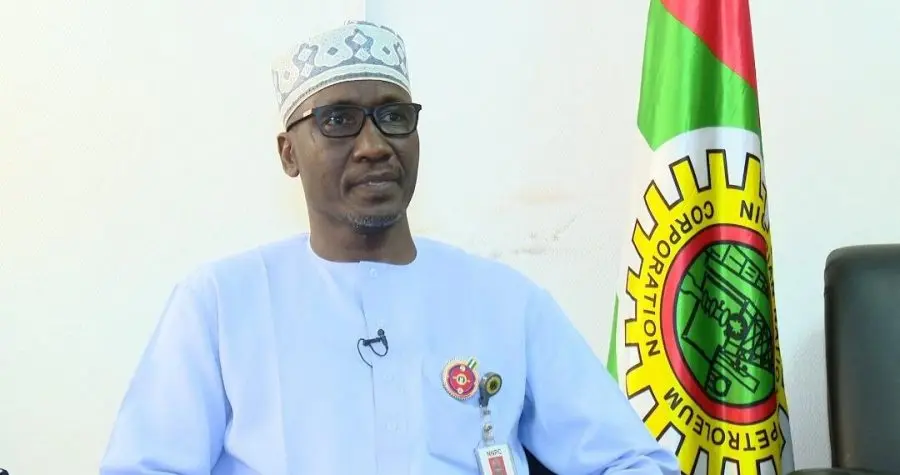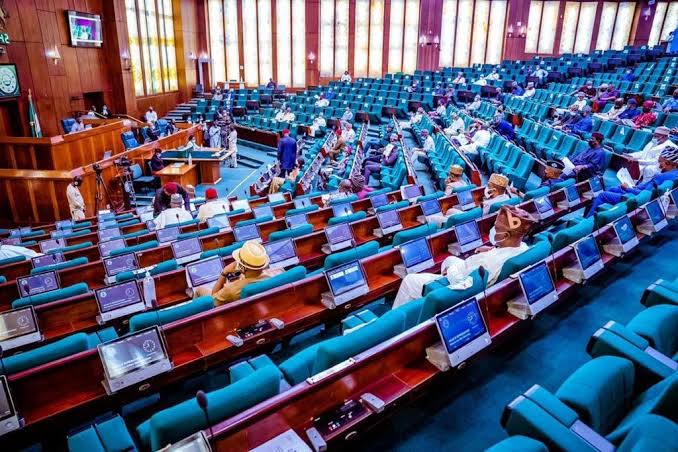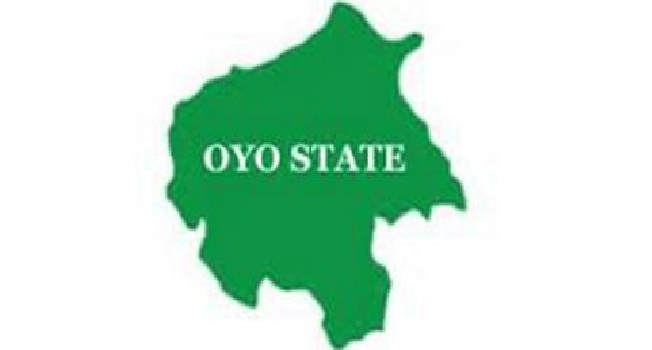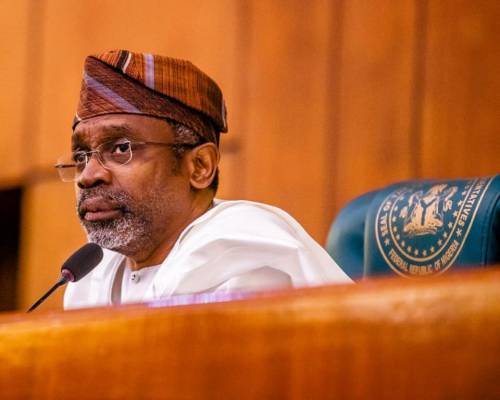The Managing Director of the Northwest Petroleum & Gas Company Limited, Winifred Akpani has confirmed that Nigeria had been feeding the whole of the West African subregion with subsidized fuel.
Akpani while speaking to newsmen shortly after a solidarity visit to President Bola Tinubu, yesterday at the Presidential villa, Abuja said: “we have been feeding the whole West Africa Sub Saharan Africa, with fuel.
According to her, since last week Monday, it’s difficult to believe that only 10 days of removal of fuel subsidy, all the neighboring countries have all their prices shot up.
She defended the removal of the subsidy, saying that it is all about repositioning the country.
“I think Nigeria has suffered for too long. It’s about putting your money in the right place. “We spent like N4 trillion last year. We have spent N4 trillion this year for the first three, four months already.
“We are at about spending 2.7 trillion in subsidy and by the end of this year, we would have been at over 6.7 trillion. How much of that really goes to the populace?”
The oil marketer’s boss stressed that Nigeria cannot be subsidizing the whole of Africa, especially when the country has a lot of its own problems.
“So we came today to express our support and to see how we can cooperate with government because ultimately, you can’t kill the people you’re trying to save. So we’re not going to sit back and say, hey, yes, you have removed subsidy, so it’s fine. There are a aches, there are pains, what can we all do?”
She said that a lot of suggestions were made to the President on how to move the country forward, adding that over time, Nigeria had depended on PMS because it was cheap, regretting that gas was not developed.
“There’s electricity. So we’ll have alternate sources of energy. It doesn’t have to be PMS.
Now suddenly, we now realize that we have gas in abundance.
“There was no fresh investment. Nobody’s going to invest in an economy that is not free. “You’re going to have restrictions. since maybe July last year, I don’t think NNPC has paid anything into the Federation accounts.
“As a matter of fact, we’re actually going to start billing the Federation because there was spending more on a subsidy than they were earning. So these are the problems and that’s why we said it was important for the government to understand that we do support and we are very willing and able to help Nigeria transit this situation.
“The President did listen to us very graciously. And it was interesting, because we all suddenly remember that he’s an accountant first and foremost.
“He asked and he interjected with very, very intelligent questions, and he understood what we meant by saying we want a complete free market. “Free market to have one exchange rate so people can stop trading in dollars. When there’s free exchange rate then we can compete in importation, have competitive licensing, and having refineries running.
“we have gone through so many years of no fresh investments, all you ever see are new depot being built? Why is that because that’s all it takes. If you do that, then you become a marketer and you can begin to sell fuel but no. And we also try to explain that whereas you were buying 10,000 matrix ton of petrol for N4 billion, today you have to pay N12 billion. So it’s also important to recognize the fact that the pain is not only for the populace, it’s for the marketers, we’re going to see mergers.
“We’re going to have drop off because that’s a lot of money. But that’s also not to say that we’re going to have scarcity No. Finally we’re going to have our real volumes.
“We have stopped feeding most of Africa already, the volumes have dropped. And it’s not only because you’re saying we can’t afford transportation. It’s only the man who has a Jeep that will spend N70,000 now to fuel his car.
“The man who doesn’t have a car doesn’t have to worry about that. All he needs is transportation. And to that extent, we recognize this fact that we have to have an effective mass transit system so that people don’t want to be bothered to drive cars have alternatives, and they’re not going to be stuck at home because they can move.
“So, most of what we talked about is how do we go from here? How can we actually make it work? How can we go back to almost the points where we are before? It’s possible.
“And I say that with all sense of responsibility. And one good thing we also have recognize is the fact that a lot of jobs are going to be created, new businesses are going to come up.
“That’s an adage that says sometimes if you don’t shut a door a window doesn’t open. “And you will find out that maybe that window that opens because of the timing, there’s a lot of opportunity that comes through that.
“So for us it was a very, very good meeting. And we had an input in which we also were able to discuss about helping the economic team, participating in what they’re doing, because they were the people on the field were the ones doing this distribution. What can we do differently?
“And one thing that the President also stated clearly is that we must minimize frictions in this system. We must have a free market that works. “Whether is licensing if you say you are licensing, how long does it take to license it has to be done promptly.
“So in a nutshell, I think that covers essentially what this meeting was all about. We believe by July, which is only a month away, we’re going to begin to really see what is being put in place to help, to assist and to make sure that people can go back to seamless living.
“And we all collectively agree that we’re going to work at providing real mass transit buses that work, the ones that run on CNG, which is a compressed natural gas and diesel interchangeably, and hopefully we’re going to start with about 50 to 100.”






![[VIDEO] Fuel queues welcome Tinubu’s announcement of end to subsidy](https://thenewsguru.ng/wp-content/uploads/2020/11/fuel-hike.jpg)

